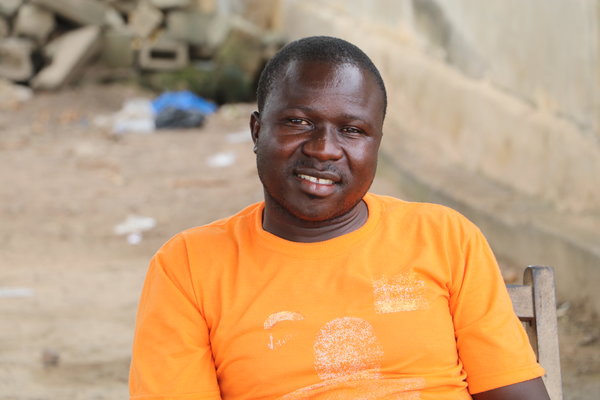
Program Keeps Men with HIV in Treatment
New CCP-led research suggests that a program devoted to encouraging men to be tested for HIV successfully pivoted to include support for men who test positive and ushering them into treatment.

New CCP-led research suggests that a program devoted to encouraging men to be tested for HIV successfully pivoted to include support for men who test positive and ushering them into treatment.
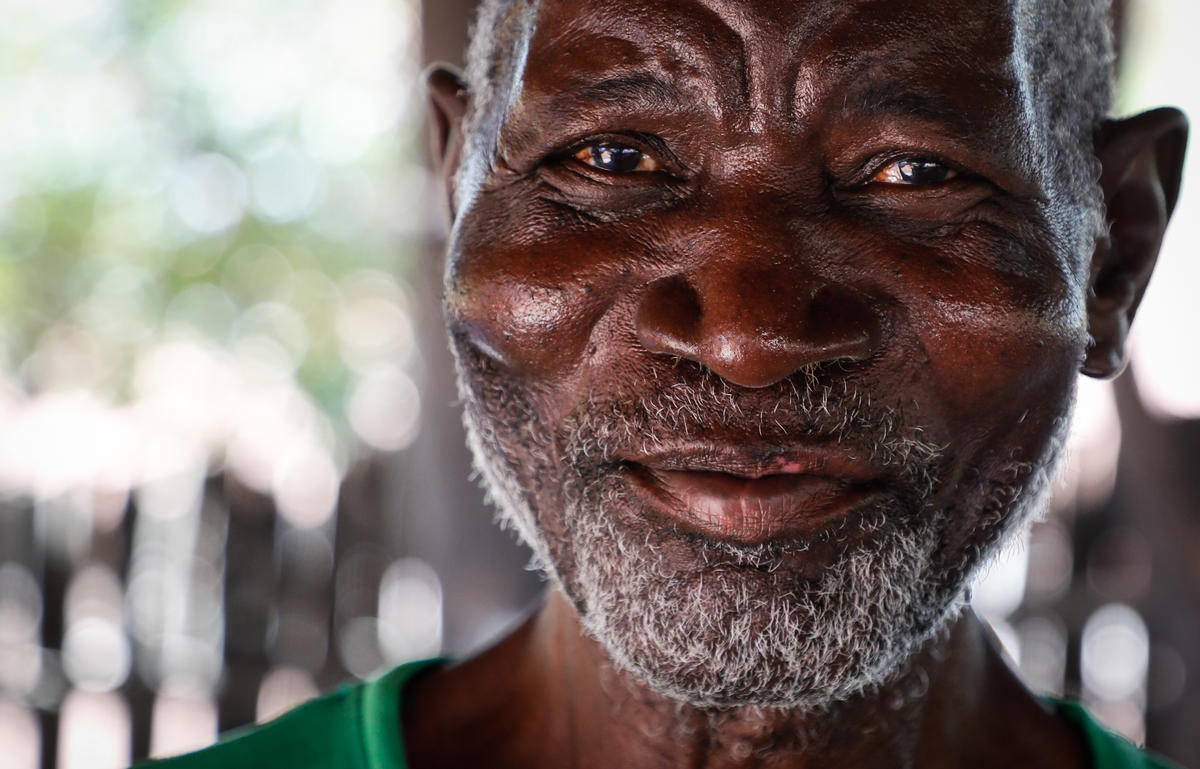
CCP’s team in Mozambique tries a new approach to getting men tested for HIV, one learned from the success of a CCP program in Cote d’Ivoire.

The primary barrier to getting men in Cote d’Ivoire tested for HIV is fear – fear not of the disease itself, but of the social and economic consequences that a positive diagnosis could bring, new CCP research suggests.
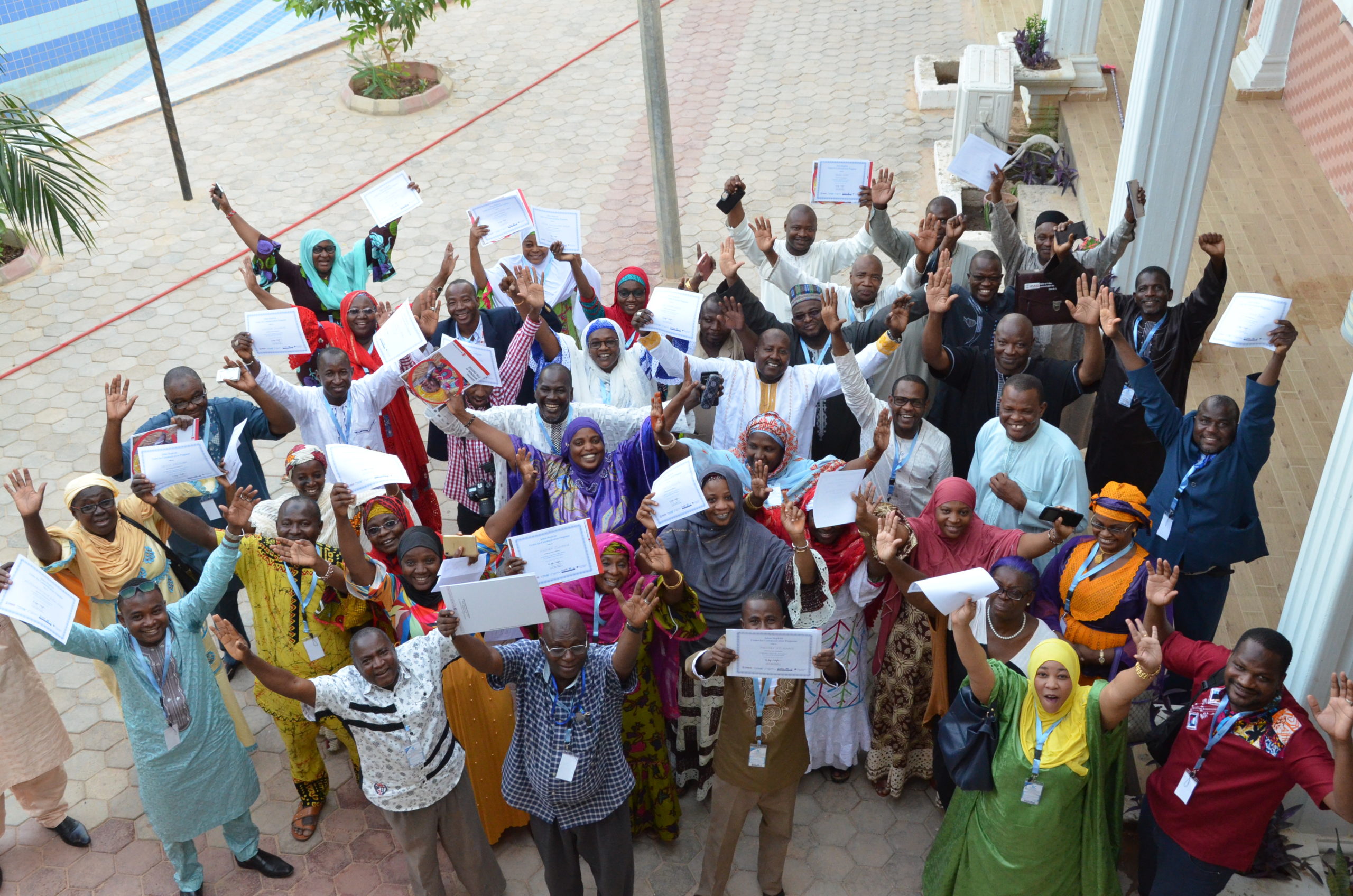
Since May, CCP has conducted four two-week leadership workshops in French-speaking countries (Senegal, Cote d’Ivoire, Madagascar and Niger), training 155 participants thus far. Another session is scheduled for Cameroon in December.
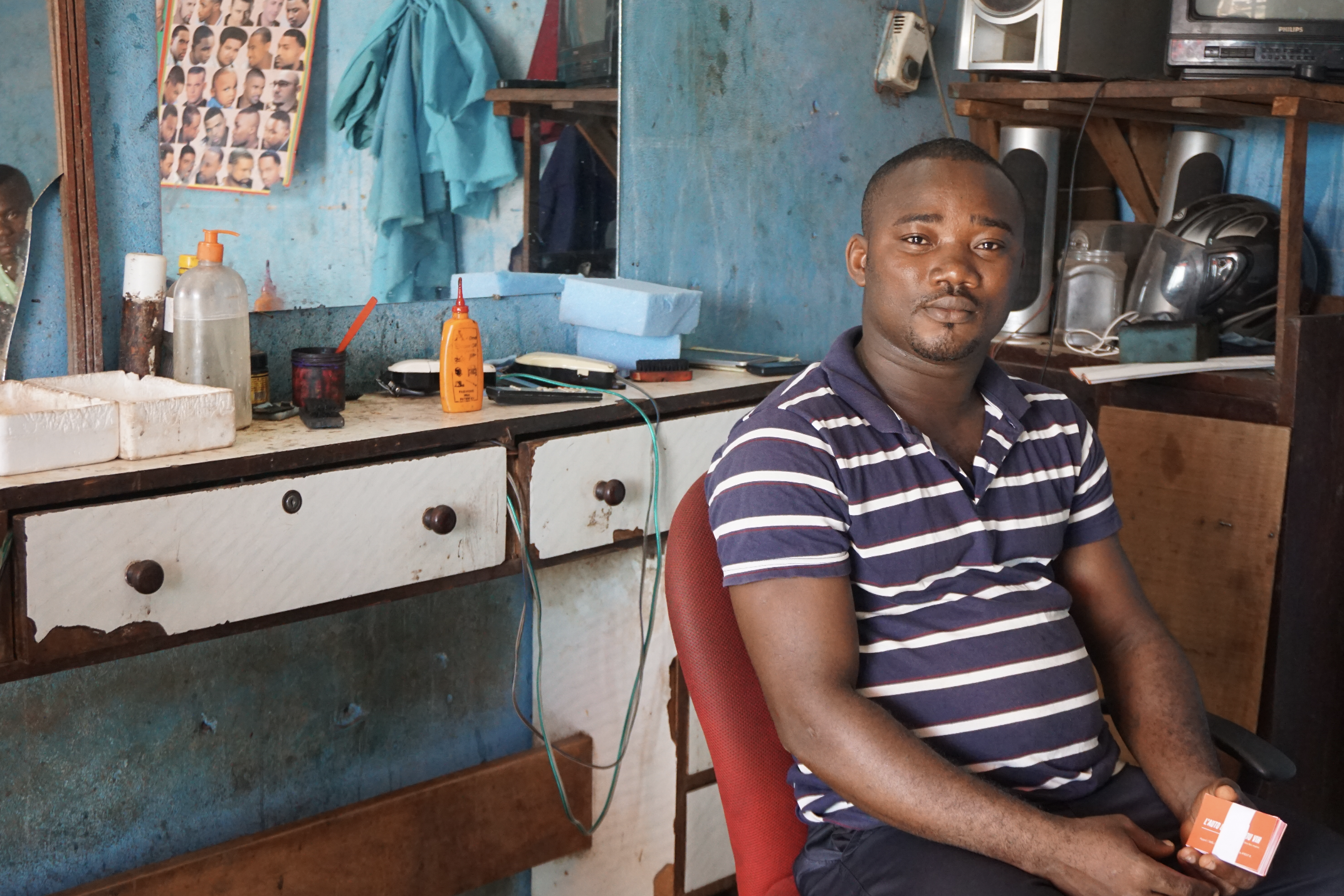
Research suggests that comprehensively considering how HIV threatens many aspects of men’s lives – instead of just their health – could help more men initiate antiretroviral therapy (ART).

CCP, which leads a successful program designed to prevent HIV in adolescents and young women, has created a new program for women over 30.

In Cote d’Ivoire, CCP’s research is designed to develop messaging that would help prevent the spread of the next outbreak of a zoonotic disease in West Africa – that is, a disease that can be spread from animals to humans.
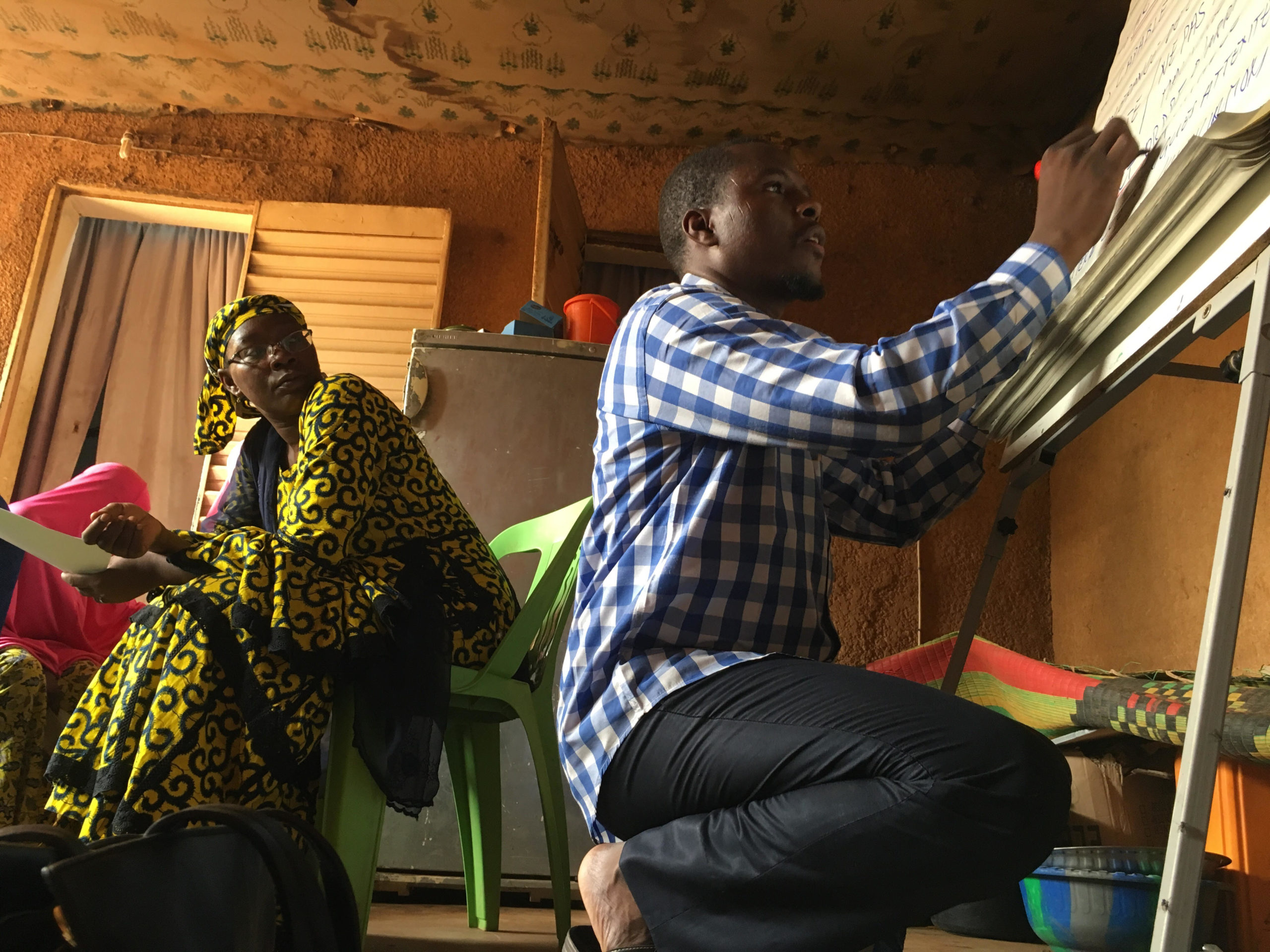
A CCP-led research team in West Africa is exploring a new question: If people do travel to the nearest family planning clinic, do they have confidence that they’ll receive quality care?

“Understanding the perspective of men is critical to tailoring health communication and clinical services to meet their needs,” says CCP’s Natalie Tibbels. Her research is published in the journal PLOS ONE.
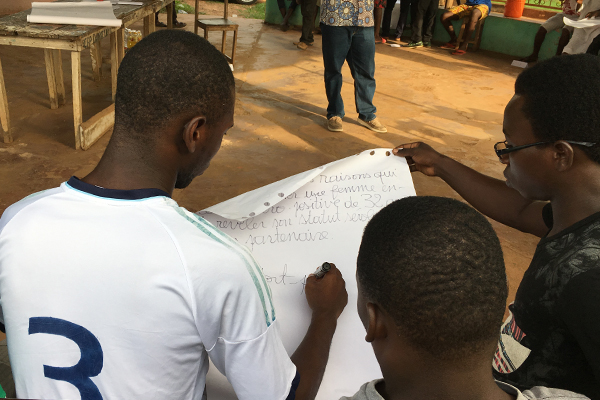
An evaluation of CCP’s Brothers for Life program in Cote d’Ivoire finds that it was successful in getting at-risk men tested for HIV and, if diagnosed with the virus, treated with antiretroviral therapy.
Receive the latest news and updates, tools, events and job postings in your inbox every month